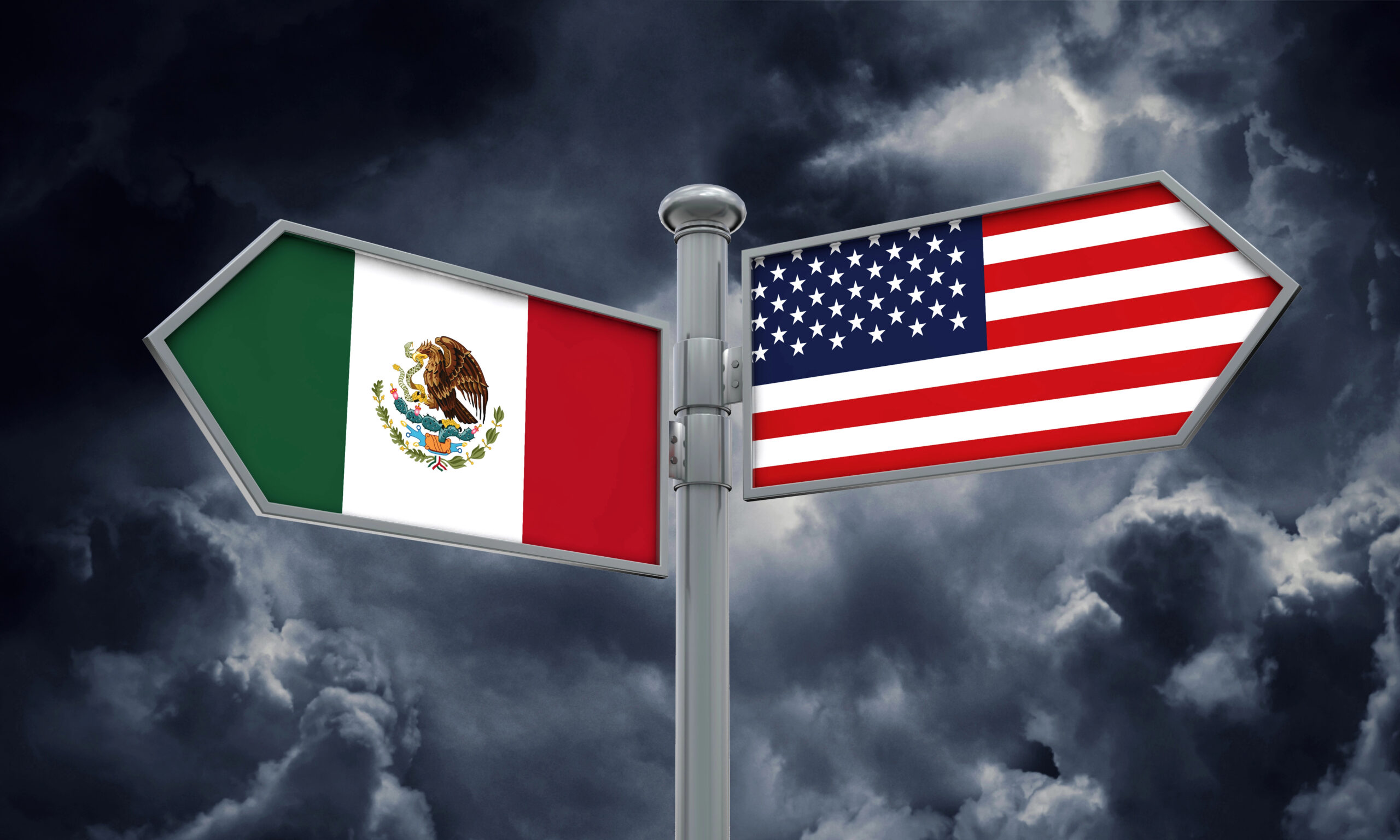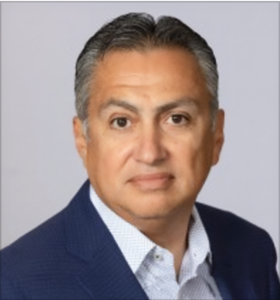On February 19, 2025, the U.S. Department of State designated several Mexican drug cartels, including the Jalisco New Generation and Sinaloa cartels, as Foreign Terrorist Organizations (FTOs). While many view this as a step toward strengthening U.S. national security—potentially improving border safety—it also brings significant challenges for multinational corporations (MNCs) operating in affected regions.
MNCs now face stricter regulations and oversight, with severe legal consequences—including criminal charges and asset seizures—for any direct or indirect business ties to FTOs. Companies with U.S. government contracts may be forced to sever relationships with implicated suppliers, while compliance costs will rise due to intensified due diligence on supply chains, financial transactions, and business partnerships. Sanctions may further restrict trade, complicating legal operations in these regions.
Financial institutions may refuse to process transactions linked to cartel-controlled areas, disrupting supply chains, particularly for industries reliant on raw materials or manufacturing. Even fully compliant MNCs could suffer reputational damage, facing investor scrutiny and potential customer or partner hesitancy.
Security costs will escalate as companies bolster protections for employees and facilities amid potential cartel retaliation. Government crackdowns may provoke violence, increasing risks and raising insurance premiums.
In response, Mexico has deployed 10,000 National Guard troops to the border, citing a commitment to border security and drug trafficking prevention—though this could also be an effort to ease trade tensions with the U.S. If past precedent holds, heightened militarization may lead to further conflict.
While these FTO designations target cartel influence, they also impose new legal, financial, and operational burdens on MNCs. Are we, as risk mitigators, equipping senior leadership and boards with the necessary insights? Have we engaged the right stakeholders to ensure informed, strategic investments that align with the evolving risk landscape? What should we be doing now?
Strengthen Compliance & Due Diligence
Go beyond FTO watchlists—enhance screening for suppliers, clients, and partners by leveraging local workforce insights, community networks, and government engagement. Supply chain audits should uncover indirect links to cartel-controlled operations. Consult external counsel to assess exposure to U.S. laws like the Patriot Act (2001) and both Anti-Terrorism Acts (1987 & 1996) which underscore criminal and civil liabilities which include but are not limited to seizure of assets or treble damages and third party liability.
Financial & Operational Resilience
Prepare for banking restrictions in cartel-affected areas by securing alternative financial channels. Evaluate the need for divestment, restructuring, or relocation of supply chains and facilities. Update risk policies to cover geopolitical instability and security threats.
Security & Cyber Defense
Reinforce employee safety with secure transportation, facility hardening, and updated emergency protocols. Develop contingency plans for cartel retaliation, legal disputes, or government interventions. Strengthen cybersecurity to guard against cartel-linked cybercrime, including ransomware and financial fraud.
Proactive Government & Industry Engagement
Shift from reactive to proactive advocacy, ensuring policies balance security with business interests. Industry collaboration is essential for intelligence sharing and coordinated responses. PR and communications teams must prepare crisis strategies in case of inadvertent FTO links.
Transparent Stakeholder Communication
Transparency with investors, customers, suppliers, and employees builds trust—essential in navigating heightened regulatory and reputational risks.



